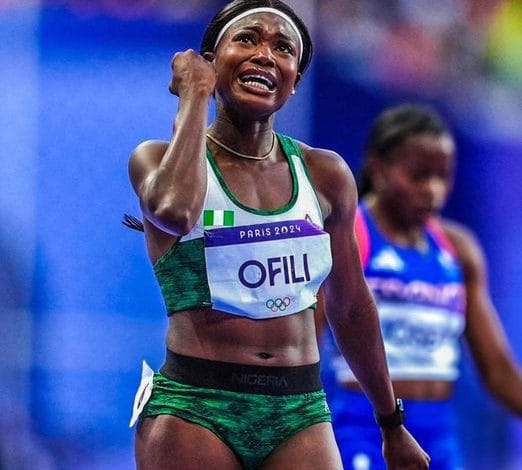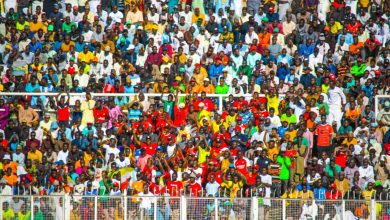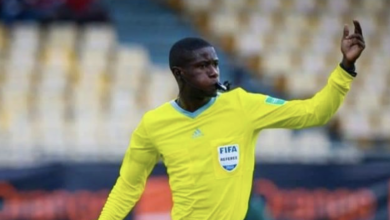Okowa’s comments on Ofili’s Tokyo Olympics disqualification over OCT failure deepen AFN’s credibility crisis

In a statement that has sparked renewed scrutiny of Nigeria’s athletics governance, Tonobok Okowa, President of the Athletics Federation of Nigeria, AFN, distanced the federation from responsibility over Favour Ofili’s disqualification from the Tokyo 2020 Olympics due to anti-doping compliance failures.
‘As far as I am concerned, the first Olympics, she did not complete her out of competition test. And Nigeria cannot be held responsible. At that time, I was not even the president then, we just came in two weeks after.
‘Her preparation was done by the former administration. But an athlete is supposed to fill her whereabouts, to enable the testing officers get to him or her.
‘Unfortunately, she did not complete her three out of competition tests, and that was why some of them were not allowed to compete. That is not the AFN’s problem,’ Okowa said in an interview with ESPN.
In 2021, ten Nigerian athletes, including Ofili, were barred from competing at the Tokyo Olympics for failing to meet the Athletics Integrity Unit, AIU, requirement of three out-of-competition tests (OCTs) within a 10-month window before the Games.
This rule applies to athletes from Category A countries, which includes Nigeria due to its high doping risk profile.
According to the AIU’s Rule 15, these tests must be spaced at least three weeks apart and properly documented through the Whereabouts system, a global protocol that allows doping control officers to locate athletes for surprise testing.
Okowa’s claim that his administration had no role in the matter is contradicted by the timeline. His board was officially sworn in on June 15, 2021, while the Tokyo 2020 Olympics athletics events were held from July 31 to August 9, 2021.
That left a six-week window under his leadership, ample time to intervene, assess compliance, and ensure necessary measures taken to avert a repeat.
This undermines the assertion that ‘the whole thing had been completed’ before his tenure began. Even if the testing window began earlier, the final oversight and coordination fell squarely within the new administration’s purview.
While Okowa attributes the failure to the previous AFN administration and the athlete’s own obligations, experts argue that national federations are ultimately responsible for ensuring athletes are educated, supported, and compliant with WADA’s anti-doping code.
Okowa’s deflection in the interview ignores the core issue: the federation’s duty to ensure compliance with anti-doping protocols.
Also, there was no clear explanation from the AFN President about why the testing requirements weren’t met.
When leadership fails to own up to mistakes, it casts doubt on the federation’s integrity and commitment to clean sport.
It also risks alienating talented athletes who feel unsupported or scapegoated.
Athletes like Ofili train for years to reach the Olympics. Being disqualified due to administrative oversight is a devastating blow.
Leadership must not only enforce rules but also protect athletes from systemic failures.




